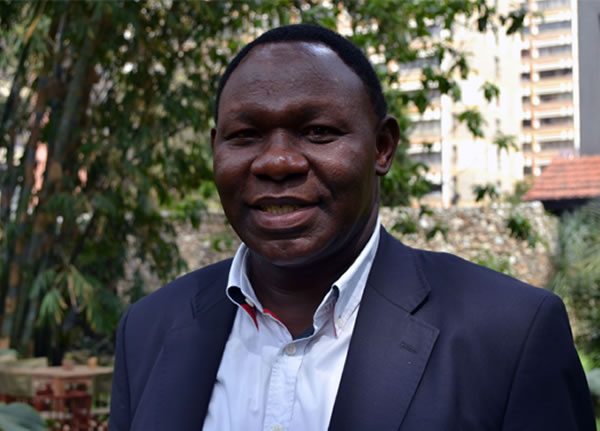The following feature on former Information PS Bitange Ndemo has been adapted from The Standard Newspaper.
Bitange Ndemo, you schooled in the United States. Is it true you came back so broke that you sold vegetables to survive?
I came back from US in the early 1990s after studying management of technology — it was unheard of here at the time. I couldn’t land a job.
My wife was pregnant and I needed money. I would go to Kabati in Murang’a to get French beans which I would sell. A few friends went to my rural home and told my mother that his son was not in US but was busy selling vegetables in Muranga’.
See why Kenya abandoned this KQ plane in Ethiopia
They were mad at me for allegedly embarassing them. I had to do a lot of explaining. I had to trade the vegetable business, where I made Sh50,000, for a Sh7,000 per month job at the University of Nairobi — just to inform my kinsmen that I actually went to school.
You have a huge house in your rural home which according to you is inhabited by rats.
Our cultural practices demanded that I put up a house in Kisii before I could built anything in Nairobi. So I ended up using so much resources putting it up while I was still renting in Nairobi.
But that was a waste of resources. It should have been the other way round but I was responding to allegations that ata wakisoma wako na nyumba nyumbani? I really regret (the decision).
How Kenya’s real estate has turned into the auctioneers’ paradise
Which is that one thing that you look back and you feel proud that you initiated during your time in government?
The most memorable project that I still look at and feel proud is bringing the optic fiber all the way from al-Fujaira in UAE. Many in government could visualize the importance of transporting a cable under the sea for 5,000 kilometers under water.
I spent many nights with the anti-corruption team and other officials trying to explain that it will lower the calling costs and lessen the cost of Internet and broadband connectivity. Many wondered how a pipe under the water can lower calling costs. But now that they are seeing the benefits I have been vindicated.
One thing you would change if you were given an opportunity to be in government today?
I would avail information about government spending and other things that people would like to know. This way fighting corruption becomes easier and even journalists will write facts rather than speculations.
So what do you do these days?
Right now I am in the University of Nairobi where I am in the innovation committee, through which we are doing a lot to position this university in the global innovation map.
Land is a big issue in Gusii land. What, according to you, is the way forward?
I have written and spoken about the issue and many have agreed with me. We need strong leadership to change the current destructive cultural practices of subdividing lands into tiny units. Land is a finite resource and we should do like Europe, which urbanized to save farm land.
Bitange Ndemo, do you think the ongoing digitization of government services can help in the fight against corruption?
Yes. In fact, it will be easy to trace movement of payments and transactions and who initiated them.









